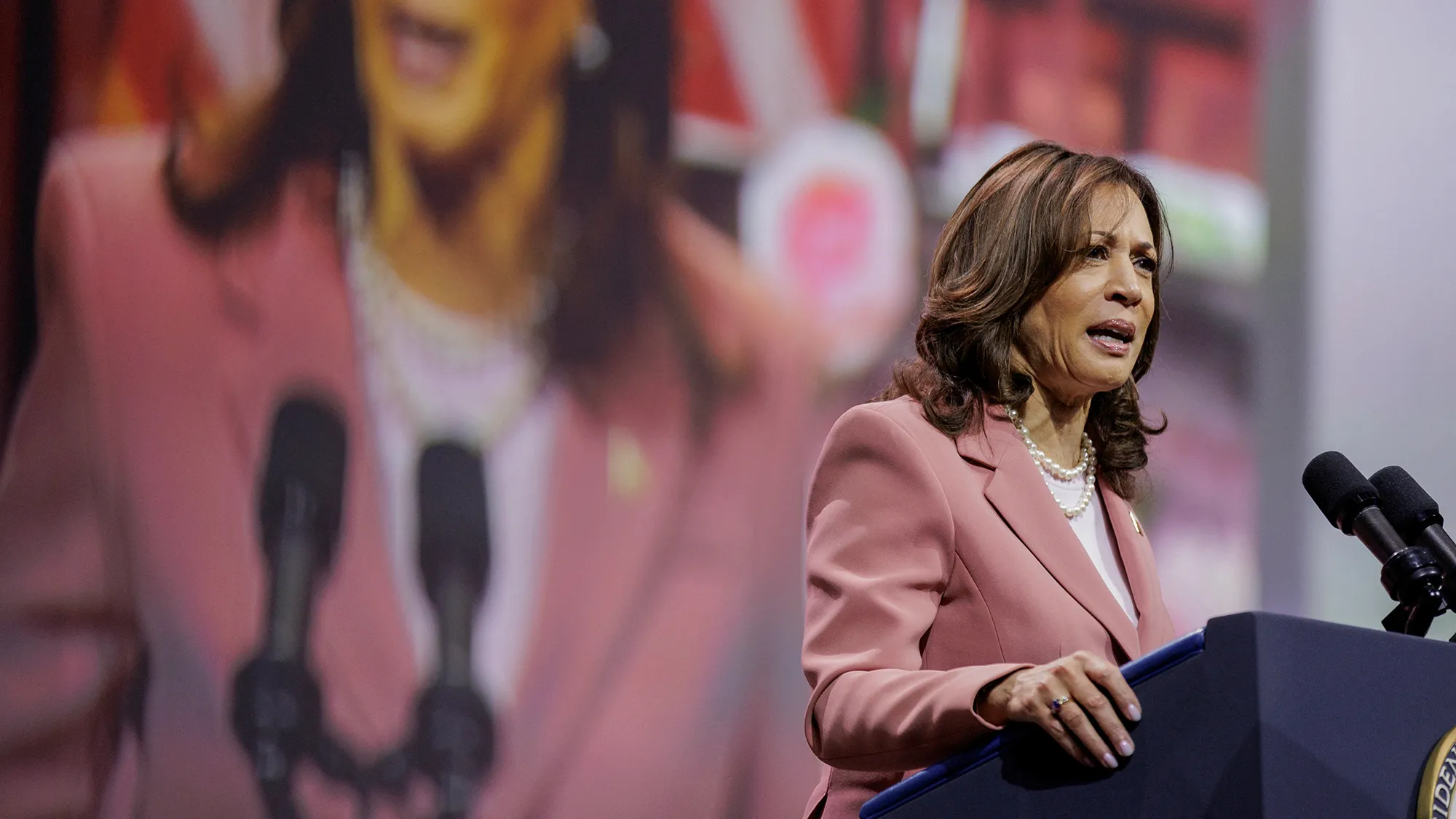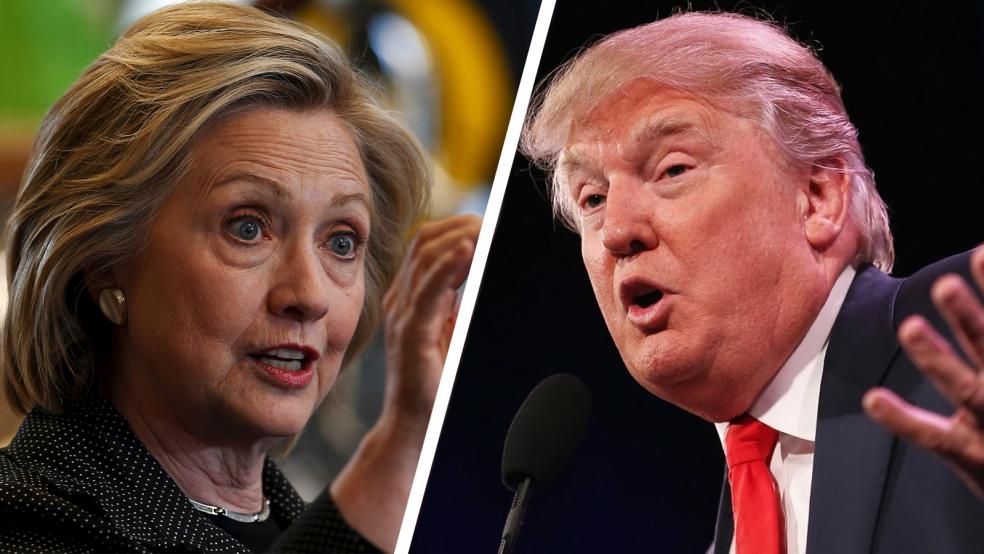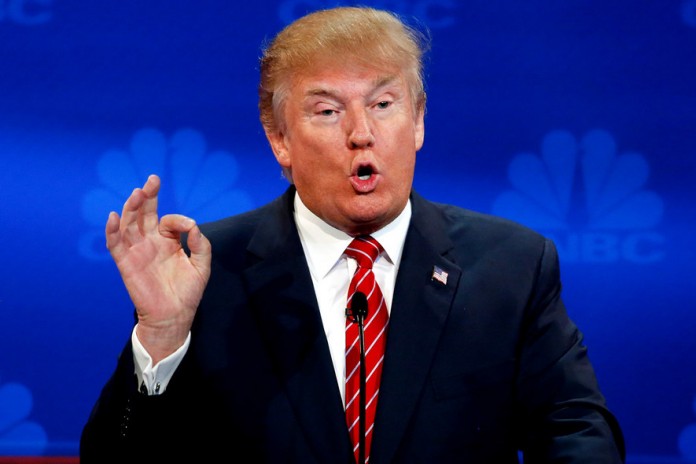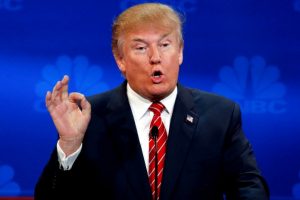Nigerians’ profound interest in US elections is no mere coincidence. The roots of this fascination lie deep in the historical and structural connections between the two countries’ political systems. Nigeria’s democracy, modelled closely after the US presidential-style system, naturally invites comparisons and draws parallels with American political practices. This connection is further deepened by the increasingly globalised nature of our world, where political developments in one nation can reverberate across continents, influencing governance, policies, and even public opinion in far-flung regions. In Nigeria, this is particularly evident as US political dynamics, especially in the current digital age where social media amplifies voices and ideas, significantly impact the local political landscape.
The strong economic and diplomatic ties that bind Nigeria and the United States further underscore the importance of closely observing events like the Democratic National Convention (DNC) and its counterpart, the Republican National Convention (RNC). These events are not just spectacles of democracy; they are pivotal in shaping US foreign policy, which invariably has significant implications for Nigeria. As the US navigates its complex political terrain, the decisions and policies that emerge from these conventions often ripple through its foreign relations, including with nations like Nigeria. In this context, the lessons that Nigerian political parties can draw from the DNC are not just valuable, but they are essential for the maturation and evolution of Nigeria’s democratic processes. These lessons have the potential to reshape the political landscape and inspire positive change in Nigeria.
Political parties are the cornerstone of any functioning democracy. They serve as the vital platforms through which individual political aspirations are translated into collective action. This process is not just about enhancing electoral competitiveness, but also about ensuring that diverse interests within the society are represented and fostering a culture of political engagement among the populace. These functions are the bedrock upon which accountability and responsiveness in governance are built. For a developing democracy like Nigeria, where democratic institutions are still in the process of solidification, the institutionalisation of party structures is not just important—it is crucial.
However, Nigeria faces significant challenges in this regard. The political landscape is often marred by a lack of effective party structures, which hinder parties’ ability to stimulate meaningful public dialogue or empower citizens to participate actively in the political process. This shortfall weakens the democratic fabric of the nation, leading to a disconnection between the government and the governed and often resulting in unresponsive governance to the populace’s needs and aspirations. It is urgent that these challenges are addressed, and it is the responsibility of all stakeholders in Nigerian politics to work towards a more inclusive and responsive system.
Many Nigerians find themselves drawn to the Democratic Party of the United States for various reasons. These reasons range from the party’s historic nomination of a woman of colour, which resonates deeply in a country like Nigeria with its complex tapestry of ethnic and gender dynamics, to a general scepticism towards figures like Donald Trump, whose policies and rhetoric have often been perceived as divisive. There are also religious sentiments at play and an alignment with the broader policies and values that the Democratic Party espouses, particularly in areas such as social justice, healthcare, and immigration. This connection to the Democratic Party underscores why the DNC is relevant to Nigeria’s political evolution. The convention is not merely a gathering of like-minded individuals; it is a platform where the party’s ideals, strategies, and future directions are showcased to the world. For Nigerian political parties, observing and learning from the DNC offers a unique opportunity to glean insights that can be adapted to strengthen their democratic processes.
One of the most remarkable moments of the DNC was President Joe Biden’s decision to step aside in the 2024 race, passing the torch to Vice President Kamala Harris. This decision was not just a political manoeuvre but a powerful statement about leadership and prioritising national interest over personal ambition. This act of selflessness and commitment to the greater good starkly contrasts the behaviour of much of Nigeria’s political elite, where prioritising personal and group interests over national ones is often the norm.
Former President Olusegun Obasanjo has been vocal in his criticism of Nigeria’s leadership, describing it as plagued by self-centeredness—a significant impediment to the nation’s development. In Nigeria, political elites often wield power through political patronage and economic dominance, manipulating public opinion to align their interests with those of the country. This manipulation creates a dangerous dynamic where policies reflect the interests of the elite rather than the nation’s true priorities, leading to a disconnect between the government and the people. In this context, few Nigerian political leaders are willing to sacrifice their ambitions, even when they conflict with the common good. Biden’s decision to step aside offers a powerful example of what it means to lead with integrity and a focus on the nation’s collective well-being.
The DNC also highlighted the importance of unity and inclusivity in the political sphere. Despite internal differences and varying perspectives, all significant DNC members rallied behind Kamala Harris, presenting a united front. This unity was notable not just for its existence but for the way it transcended the divisions that often characterise political gatherings. There was no emphasis on Harris’s gender or race, no factionalism between “technocrats” and “professional” politicians, and no divisive rhetoric around religious affiliations. This starkly contrasts Nigeria’s political elite, who frequently exploit the country’s rich diversity;ethnic, religious, gender, and social status—to advance their agendas. This exploitation often leads to feelings of exclusion and marginalisation among various groups, weakening the social fabric and undermining the potential for a unified nation.
Another critical lesson from the DNC convention is the importance of consistency in policy positions. Vice President Kamala , in her address, clearly articulated her stance on a range of issues, including healthcare, housing, abortion rights, foreign policy, and the economy. The Party’s leading figures maintained a consistent and coordinated stance on these issues, united by a shared vision and policy goals. This consistency is crucial in a functioning democracy, as it provides voters with a clear understanding of what the party stands for and what they can expect if it comes into power.
In stark contrast, Nigerian political parties often lack well-defined ideological beliefs and are instead defined by the personalities that dominate them. This absence of a coherent philosophy leads to frequent shifts in party allegiance, resulting in internal conflicts and inefficiencies in governance. Rather than focusing on meaningful policy dialogue, Nigerian political parties often operate within a patron-client framework, where loyalty is bought and sold and where policies are shaped not by the needs of the people but by the whims of influential individuals. This system stifles democratic processes and undermines effective governance, making it difficult for the country to move forward in a cohesive and coordinated manner.
The DNC and RNC conventions also underscored the importance of respecting past leaders and celebrating the nation’s history and heroes. Both conventions paid homage to past presidents, civil rights leaders, and other figures who have shaped American history. This respect for tradition and the achievements of those who came before is a hallmark of a mature democracy. It reflects a commitment to continuity and recognition that the past provides a foundation for the future.
In Nigeria, however, the narrative is often quite different. Successive leaders frequently seek to undermine their predecessors, showing little respect for the accomplishments of those who came before them. This attitude weakens the nation’s institutional memory and hampers efforts to build on previous successes. Current Nigerian political leaders often want to be seen and treated as demigods, believing their contributions are unparalleled and their legacies should overshadow those of their predecessors. This mindset stifles political progress and continuity, as each new administration needs to start from scratch rather than build on previous governments’ work.
Finally, the DNC convention showcased a strong commitment to the peaceful power transfer to a new and younger generation of leaders. This was not just a rhetorical commitment; it was evident in how the convention provided a platform for young leaders to speak, presenting themselves as the party’s future. This is reminiscent of Obama’s 2004 DNC speech, which propelled him to national prominence and made his candidacy viable. The DNC’s approach to leadership transition reflects an understanding that the nation’s future depends on empowering the next generation and providing them with the tools and opportunities they need to lead.
In Nigeria, however, the situation is quite different. Despite a youthful electorate,older politicians continue to dominate the major political parties. Patronage systems, which fuel entrenched interests, control these parties, preventing young people from playing significant roles beyond being tools for violence during elections. The failure to meaningfully involve young people in the political process deprives the country of fresh ideas and energy and perpetuates a cycle of stagnation and underdevelopment.
Ultimately , the DNC offers a wealth of lessons that Nigerian political parties would do well to heed. These lessons are not merely theoretical; they are practical steps that, if implemented, could lead to a more vibrant, responsive, and effective political system in Nigeria. By adopting these practices, Nigerian political parties can play a pivotal role in the consolidation of democracy, ensuring that the nation’s political system is not only resilient but also reflective of the will and aspirations of its people.




